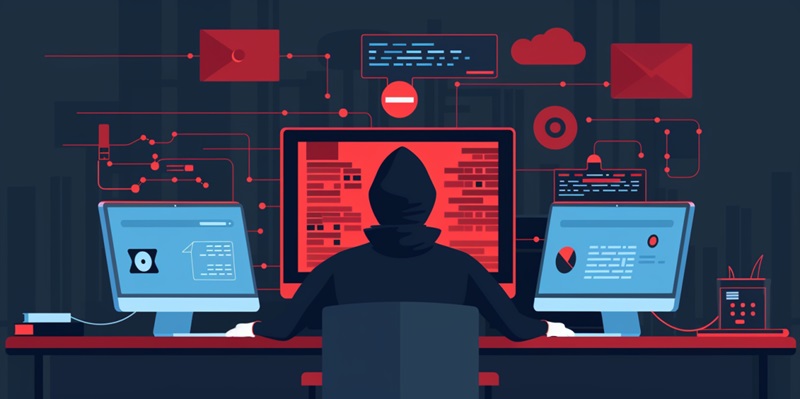For countless individuals and businesses, VPNs are the bulwark against cybersecurity threats when navigating the digital world. They serve as the encrypted tunnel through which sensitive data can travel safely, away from prying eyes. Unfortunately, the reliability of VPNs is under scrutiny due to the recent discovery of TunnelVision, a sophisticated technique that uncovers vulnerabilities in routing-based VPNs. Security experts Lizzie Moratti and Dani Cronce from Leviathan Security Group have revealed how this method undermines the protection VPNs are presumed to provide.
Understanding TunnelVision
TunnelVision exploits a fundamental aspect of the DHCP protocol, wherein rogue servers can be set up to manipulate network routing tables. Employing DHCP option 121, attackers can reroute traffic destined for a secure VPN gateway to pass through their server instead. Thus, what was meant to be encrypted and protected can be laid bare, turning the presumed sanctity of VPN networks on its head. This alarming loophole found in VPN setups hinges on the DHCP protocol’s inherent ability to configure network interfaces, making it particularly difficult to prevent and detect.
The exploit takes advantage of operating systems that respect option 121 in the DHCP configuration, leading to the diversion of traffic from seemingly secure connections. Windows, Linux, iOS, and macOS systems are impacted by this vulnerability, but Android remains unaffected due to its handling of DHCP options. The major concern is that this vulnerability is not linked to a specific VPN provider or configuration but is rather embedded in an essential internet protocol used globally since 2002.
Mitigation and Vendor Response
VPNs are a trusted shield for many, safeguarding private data online through secure channels. Yet, this confidence is shaken as vulnerabilities are brought to light. TunnelVision, a method identified by security experts Lizzie Moratti and Dani Cronce from Leviathan Security Group, has exposed a flaw in routing-based VPNs. TunnelVision is capable of bypassing the security that VPNs are supposed to provide—this method could allow unwanted visibility into the data that VPNs are intended to protect. Such findings raise alarms for organizations and individuals relying on VPNs for privacy, pointing to an urgent need to address and reinforce the security measures within these virtual private networks. As the digital landscape evolves, so too must the defenses against cyber threats, ensuring that users can continue to trust the tools designed to protect their online activities.

